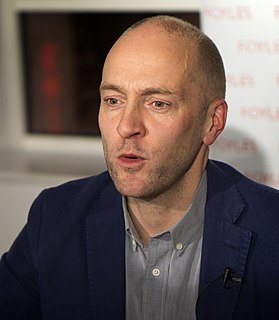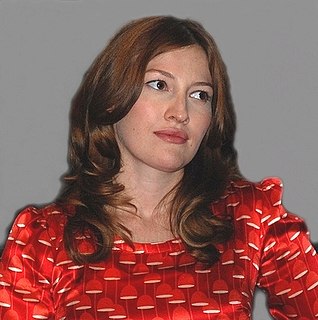A Quote by Diane Wakoski
PC stuff just lowers the general acceptance of good work and replaces it with bogus poetry that celebrates values that in themselves are probably quite worthy.
Related Quotes
Poets are political, they have to be reflections of their times [because] they're living in their times... Poetry is political in that it's standing in opposition to fascism. Good poetry asks a bunch of questions and asks the audience to interact with themselves or see themselves in it; maybe you like it or you don't like it. But the fascist sort of stuff plays on your fears and tells you to jump on the party line and gives some simple excuses - blame this person.
It's just the way I'm made. I do feel confident in what I do. It doesn't always work out 100% of the time, but generally I think I can do it quite well. But the other part of my job is doing the press and stuff. And I'm rubbish at that. I'm really not good at that at all - this quite important part of what I do.
We do have to learn poetry at school. Poetry is interesting to me, particularly Chinese poetry. It's like an ancient form of song. There's five sentences, seven sentences - they're very different from English poetry. Chinese poetry is much more rigorous. You can only use this many words, and they will form some kind of rhythm so people can actually sing it. To me, poetry is quite abstract but also quite beautiful.
People with good work habits have to-do lists that are reasonably prioritized, and they make themselves do what needs to be done. By contrast, people with poor work habits almost randomly react to the stuff that comes at them, or they can't bring themselves to do the things they need to do but don't like to do (or are unable to do).
Young poets worry that their experiences - whether urban or rural, immigrant or native, small town, suburb, or big city - aren't worthy of the written word. But for me the urge toward poetry, that seductive feeling of being swept away by words, was enough for me to overcome that fear that my experiences weren't worthy of poetry itself.







































